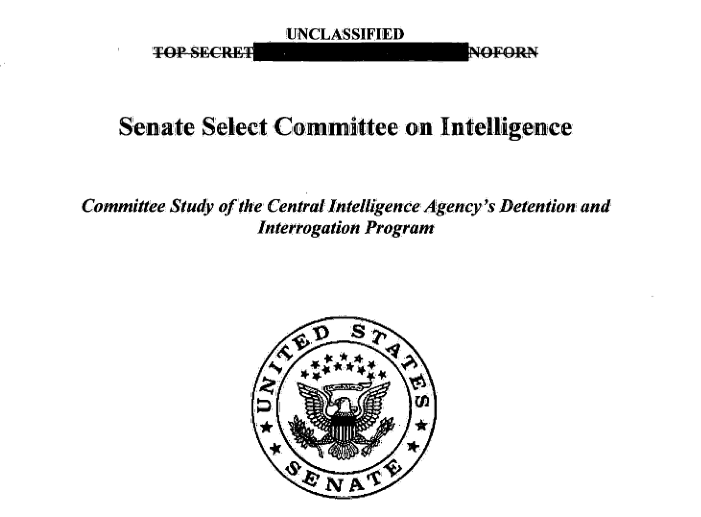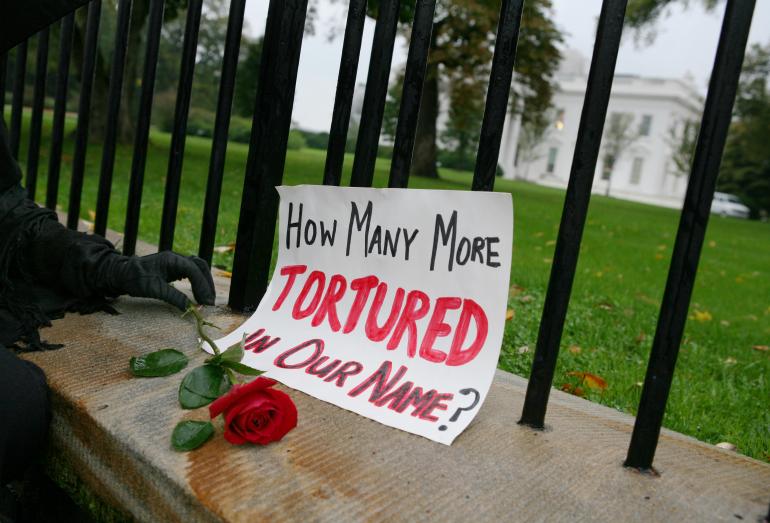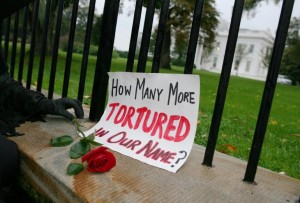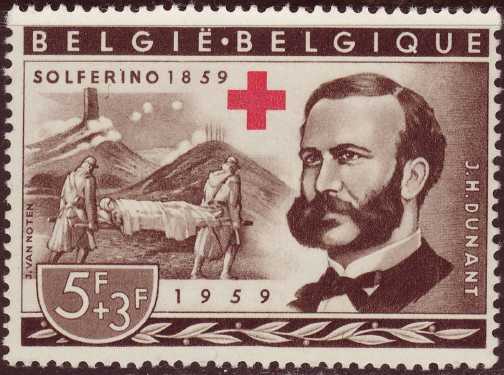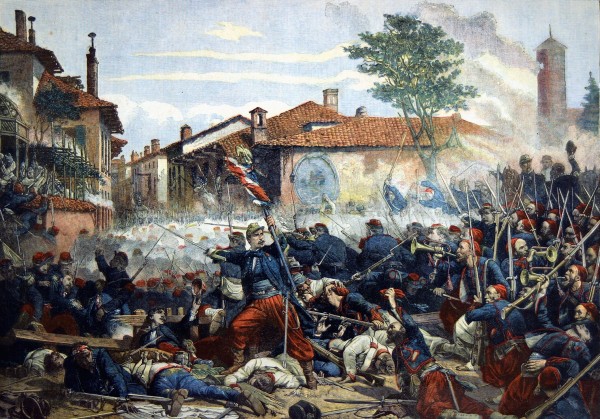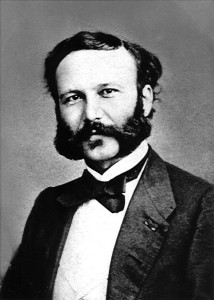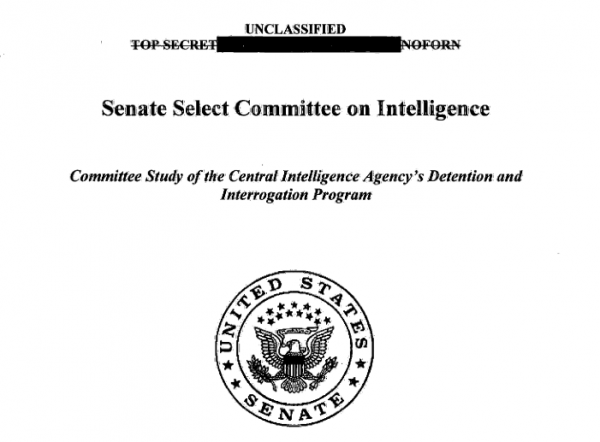 It has been roughly one month since Senator Dianne Feinstein (who became Mayor of San Francisco following the assassination of George Moscone) released the Senate Intelligence Committee report detailing the violence and torture used by the CIA against individuals in the years following 9/11.
It has been roughly one month since Senator Dianne Feinstein (who became Mayor of San Francisco following the assassination of George Moscone) released the Senate Intelligence Committee report detailing the violence and torture used by the CIA against individuals in the years following 9/11.
At least 119 individuals were detained by the CIA in years after the attacks, and, according to the Senate report, at least 26 were wrongly detained and had no associations with terrorism.
One innocent man, Gul Rahman, spent a month in solitary confinement because he had the same name as a suspected terrorist. Two CIA informants spent “approximately 24 hours shackled in the standing sleep deprivation position” before it was confirmed they were mistakenly being detained. These examples are surely some of the more benign experiences of prisoners in CIA detention facilities.
In the foreword to the report, Senator Feinstein wrote:
“It is worth remembering the pervasive fear in late 2001 and how immediate the threat felt. Just a week after the September 11 attacks, powdered anthrax was sent to various news organizations and to two U.S. Senators. The American public was shocked by news of new terrorist plots and elevations of the color-coded threat level of the Homeland Security Advisory System. We expected further attacks against the nation.
I have attempted throughout to remember the impact on the nation and to the CIA workforce from the attacks of September 11, 2001. I can understand the CIA’s impulse to consider the use of every possible tool to gather intelligence and remove terrorists from the battlefield, and CIA was encouraged by political leaders and the public to do whatever it could to prevent another attack. The Intelligence Committee as well often pushes intelligence agencies to act quickly in response to threats and world events.
Nevertheless, such pressure, fear, and expectation of further terrorist plots do not justify, temper, or excuse improper actions taken by individuals or organizations in the name of national security.
The major lesson of this report is that regardless of the pressures and the need to act, the Intelligence Community’s actions must always reflect who we are as a nation, and adhere to our laws and standards.
It is precisely at these times of national crisis that our government must be guided by the lessons of our history and subject decisions to internal and external review. Instead, CIA personnel, aided by two outside contractors, decided to initiate a program of indefinite secret detention and the use of brutal interrogation techniques in violation of U.S. law, treaty obligations, and our values.”
After many years, and despite CIA interference, the report has been made public. We should know what is done in our name.

